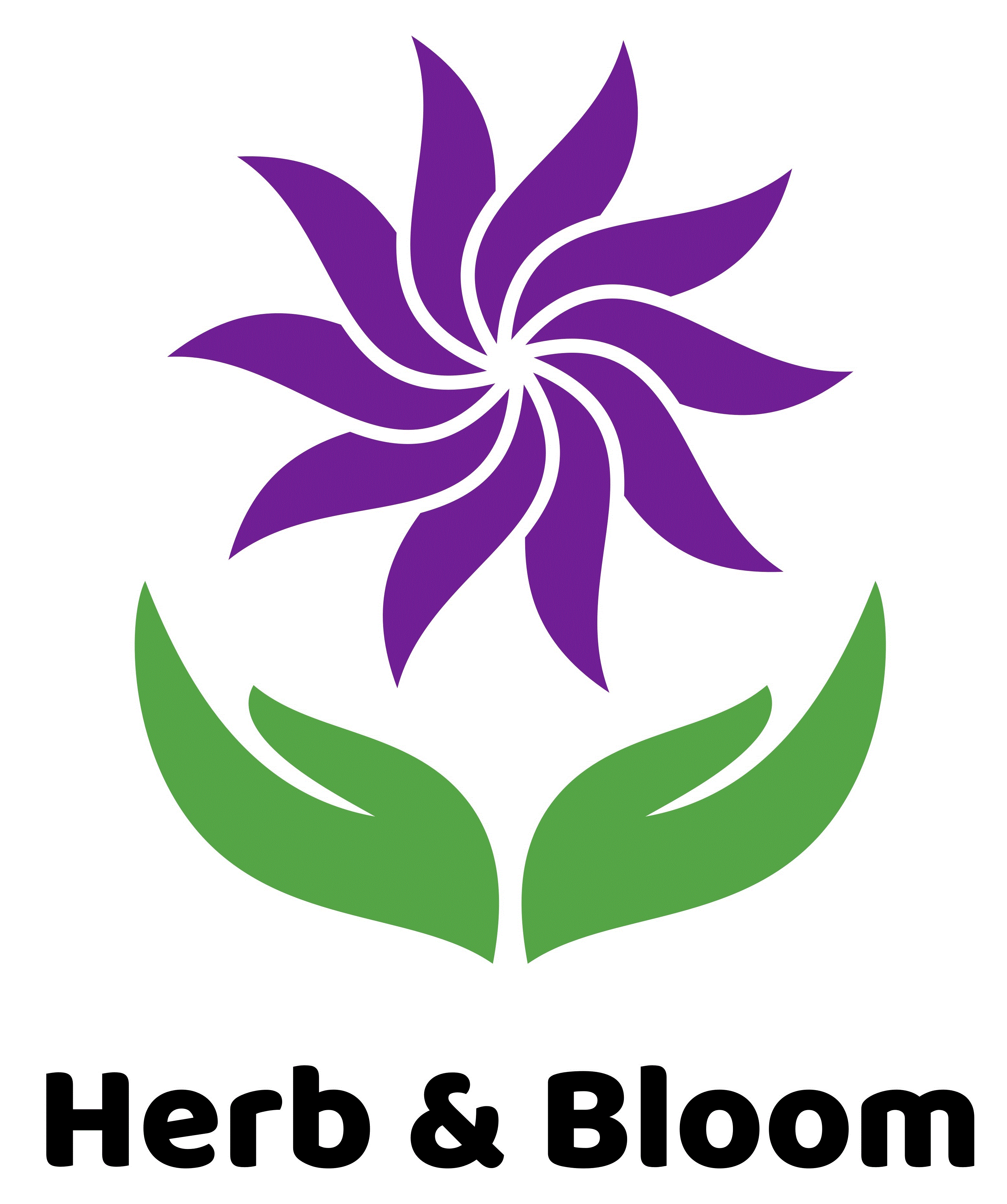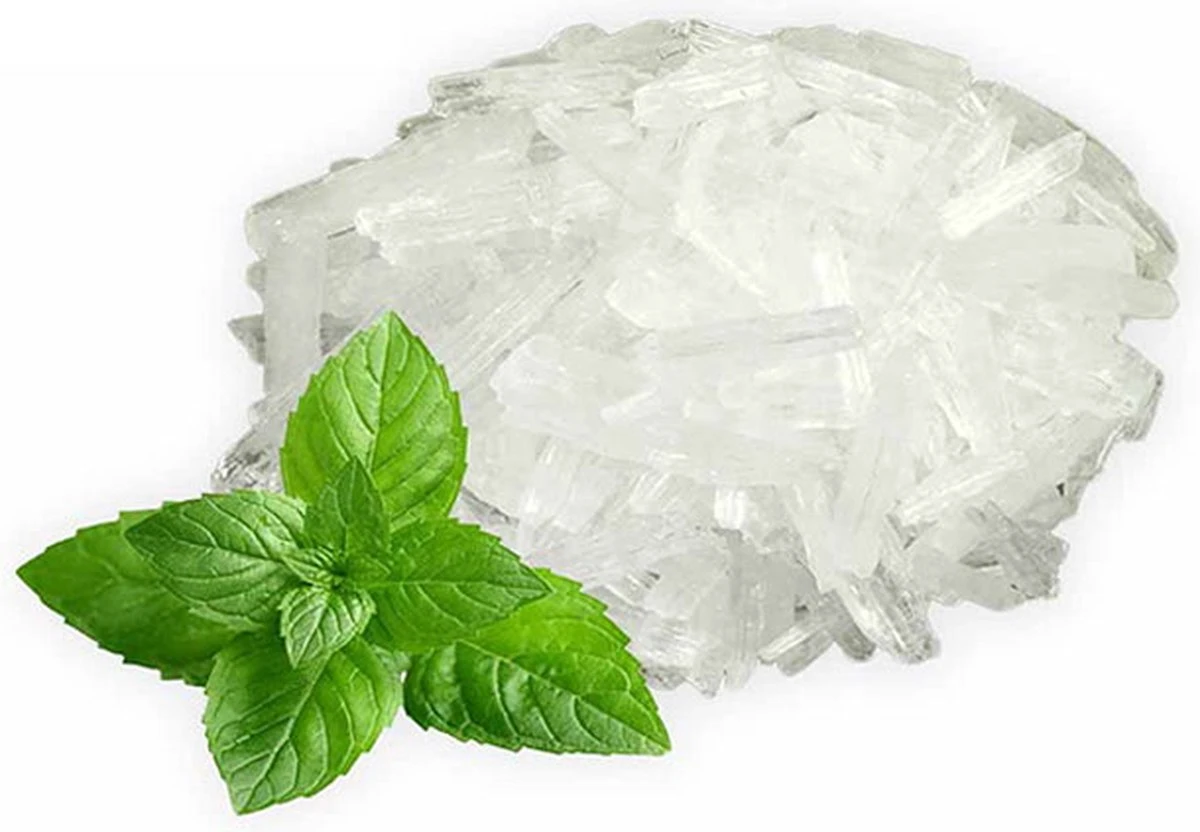Details
Origin of flaxseed
Linseed is the seed of flax, a plant which has been cultivated for a long time. Linseed is grown as a food and fibre crop in regions with a temperate climate. The most suitable soils for flax, besides alluvial ones, are deep loamy soils with a high content of organic material. Flax often grows just above the water line in cranberry bogs. Heavy clay is unsuitable, as are gravelly or dry sandy soils.
Production process of whole flax
Flax grown for whole flaxseed is allowed to mature until the seed capsules are yellow and just beginning to split, then it is harvested. This can be done by cutting only the heads of the plants or the whole plant. After harvesting, the line seeds are cleaned and ready to be packaged.
Healthy properties of Flaxseed
Linseed contains vitamin B1 and vitamin B2, potassium, zinc, calcium, magnesium, omega 3 and omega 6 fatty acids. In addition, linseed for a vegetable product contains many different and essential amino acids.
Pro's & cons plus-circle
Rich in vitamin B1, B2, potassium, zinc, calcium, and magnesium plus-circle
Contains omega 3 and omega 6 fatty acids for a healthy diet plus-circle
Numerous essential amino acids for a balanced diet
Legal Disclaimer: We try to deliver organic qualité if possible. However, this is not always possible and the quality can varie during the year. This due to: insufficient harvest, not sufficient active principals in de organic qualité, temporarily not available in organic quality,…Do you wish more information on this, then we need to check our current stock.
Allergan info: This product is packaged and/or stored in a facility that also processes products containing nuts, peanuts, mustard, celery, gluten, sesame, soy and sulphites. Despite all precautions, it is possible that this product contains traces of these allergens. Please consume for small trial quantity to avoid any alergical effects.
Direction of use: Please consult dietician, physician, cosmetologist, herboriste, aurvedic experts for any external or internal usage.

 Fast Delivery all across the country
Fast Delivery all across the country
 Safe Payment
Safe Payment
 7 Days Return Policy
7 Days Return Policy
 100% Authentic Products
100% Authentic Products




